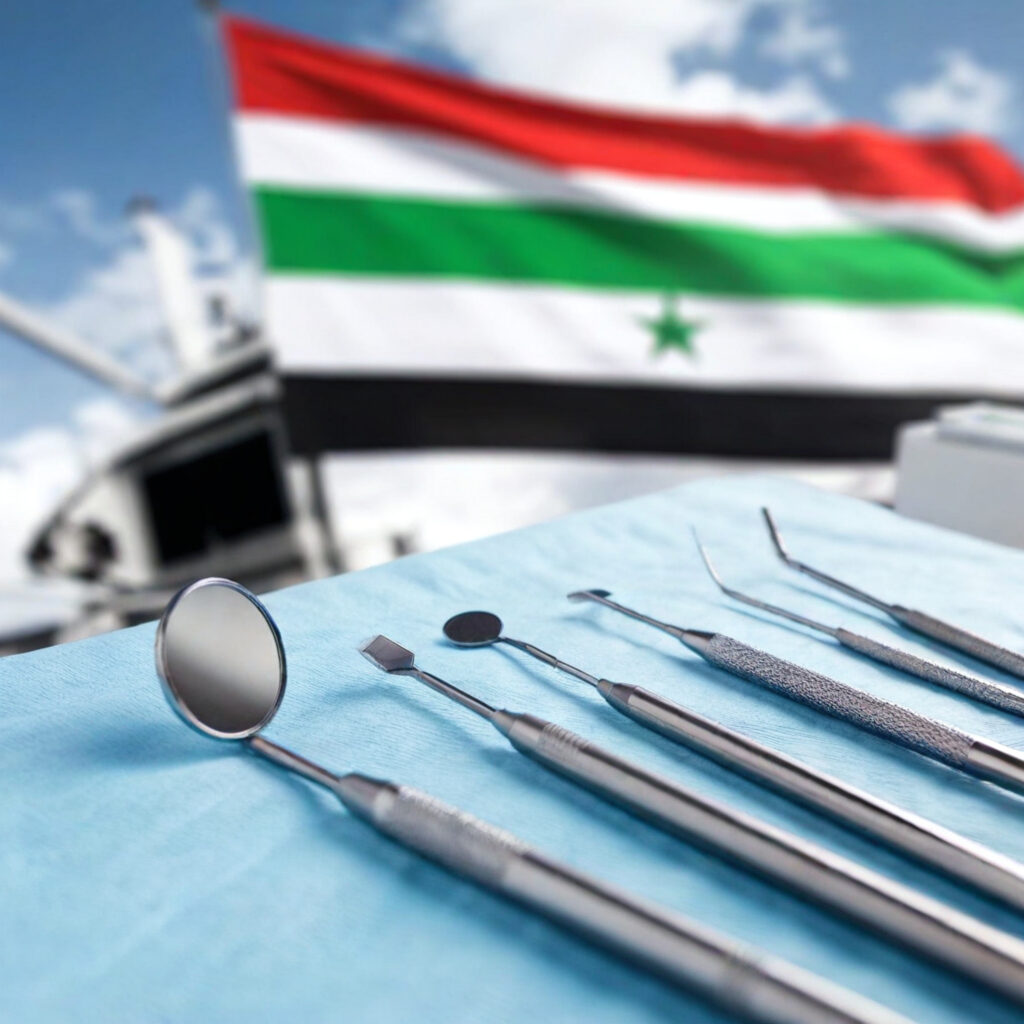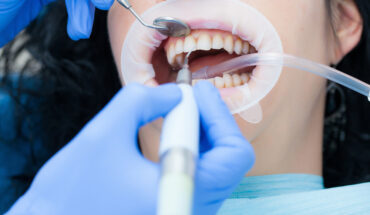
In the brutalised landscape of war-torn Syria, a shocking revelation adds yet another chapter to the atrocities committed under Bashar al-Assad’s regime. Reports have surfaced identifying a seemingly unassuming dentist in Damascus as a key player in the torture apparatus that has become synonymous with the regime’s crackdown on dissent. This story, which unveils the chilling duality of a healer turned tormentor, offers a disturbing insight into the machinery of repression.
A Dentist’s Transformation
In normal circumstances, a dentist’s duty is to alleviate pain, restore smiles, and contribute to the health of a community. However, in Assad’s Syria, the lines between professions and complicity in state violence blur alarmingly. Dr. [Name redacted], who once practiced dentistry in Damascus, reportedly leveraged his medical expertise in service of one of the regime’s most feared institutions. Working in tandem with security forces, he stands accused of administering pain not for treatment but for punishment and control.
Testimonies from survivors paint a harrowing picture. Former detainees recount being subjected to heinous acts of cruelty, often under the guise of medical procedures. In some cases, Dr. [Name redacted] allegedly used dental tools as instruments of torture, exacerbating physical agony to extract confessions or intimidate prisoners.
The Context of Systematic Abuse
To understand the dentist’s role, it is crucial to grasp the broader context of Assad’s regime, which has relied on systemic violence to maintain power. Since the uprising began in 2011, the government has employed a network of intelligence services and detention centers to quash opposition. These facilities, often shrouded in secrecy, are notorious for their inhumane conditions, routine use of torture, and extrajudicial killings.
Organisations such as Amnesty International and Human Rights Watch have documented the pervasive nature of these abuses. The infamous Sednaya Prison, described as a “slaughterhouse” by survivors, epitomizes the regime’s brutality. It is within this ecosystem of terror that individuals like Dr. [Name redacted] allegedly found their niche.
A Dual Identity
The juxtaposition of a dentist’s persona with that of a torturer challenges the boundaries of moral and professional ethics. How does someone reconcile a career built on healing with actions that cause unimaginable suffering? Experts suggest that the regime’s environment fosters complicity by blurring the lines between civic duty and allegiance to the state.
In many authoritarian systems, professionals are coerced or incentivised to participate in state-sanctioned violence. For some, the motivation may stem from fear of reprisal or a desire for career advancement. Others may be driven by ideological alignment or desensitisation to violence. In Dr. [Name redacted]’s case, the reasons remain speculative, but his participation underscores the regime’s ability to corrupt and weaponise professional expertise.
Survivor Testimonies
The most damning evidence against the dentist comes from those who have endured the horrors of Syria’s detention centers.
One survivor, identified as Khaled, recounts an incident where he was dragged into a makeshift clinic within a prison. “They told me it was for a dental check-up,” Khaled recalls, his voice trembling. “But instead of treating my teeth, he [the dentist] used tools to break them, one by one, while security officers watched.”
Another survivor, Amina, shared a similar ordeal. “He injected something into my gums, pretending it was anesthesia,” she says. “But it intensified the pain instead of numbing it. I screamed, and they laughed.”
These accounts, corroborated by independent investigations, highlight the dentist’s role in perpetuating psychological and physical torment. For survivors, the betrayal by someone they might have once trusted amplifies the trauma.
International Response
The revelations about Dr. [Name redacted] have reignited calls for accountability. Advocacy groups and international organisations have urged governments to take action against individuals involved in Syria’s torture network. The United Nations has already documented war crimes and crimes against humanity committed by the Assad regime, and dental news cases like this strengthen the demand for justice.
Legal mechanisms such as universal jurisdiction offer a glimmer of hope. Countries like Germany and Sweden have prosecuted former Syrian officials for war crimes, relying on survivor testimonies and investigative journalism. Activists argue that professionals who abused their roles, including doctors and dentists, must face similar scrutiny.
A Symbol of Broken Trust
The story of Assad’s dentist is more than just a tale of individual complicity. It symbolizes the profound betrayal of societal trust. Doctors, dentists, and other healthcare providers hold a unique position in society, bound by ethical codes to do no harm. When these codes are violated, especially in the context of state violence, the damage extends beyond individual victims to the very fabric of trust that underpins communities.
This betrayal also raises questions about the responsibility of professional bodies. Should international medical and dental associations play a greater role in monitoring and sanctioning members implicated in human rights abuses? Can they prevent such abuses in the future by fostering a culture of accountability?
The Road to Justice
While the path to justice is fraught with challenges, cases like this highlight the importance of perseverance. For survivors, justice is not just about punishment but also about recognition and healing.
“We need the world to know what happened,” says Khaled. “Not just for us, but to ensure it doesn’t happen again.”
International efforts must focus on creating mechanisms to document and prosecute such crimes. This includes supporting survivor networks, funding independent investigations, and pressuring governments to uphold human rights. Additionally, highlighting the stories of individuals like Dr. [Name redacted] serves as a reminder of the human cost of complicity.
This Dentist Was a Real Torturer
The tale of Assad’s dentist is a grim reminder of how professions meant to heal can be perverted into tools of oppression. It underscores the importance of vigilance, accountability, and the need to confront the systemic rot that enables such atrocities. As Syria’s tragedy continues to unfold, the world must not forget the victims and the moral imperative to seek justice.




